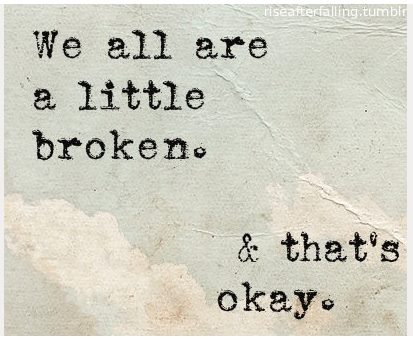I am what time, circumstance, history, have made of me, certainly, but I am also, much more than that. So are we al
— James Baldwin, born in 1924
Books Are Getting Dirtier: A scholarly textual analysis of more than one million books shows a proliferation of swear words in books since the mid-1950s.
What truly comes across in this book is that the essay may well be a sally against the subject, but what is tried, in the final reckoning, are the authors themselves. And, of course, found wanting, in both senses of the word.
Courtesy of BC: Move Over, Outdated Happiness Theories: 7 Science-Based Ways to Seriously Boost Happiness
First Person Account: The New Republic As A Cautionary Journalism Tale
“Data have turned journalism into a commodity, something to be marketed, tested, calibrated. Perhaps people in the media have always thought this way. But if that impulse existed, it was at least buffered. Journalism’s leaders were vigilant about separating the church of editorial from the secular concerns of business. We can now see the cause for fanaticism about building such a thick wall between the two.”
Read Annie Dillard’s Classic Essay About Solar Eclipses
Guess Who’s Tracking Your Prescription Drugs? The Marshall Project
The Sly Effort to Criminalize the BDS Movement in the U.S. The American Conservative

Have you ever felt a little mbuki-mvuki – the irresistible urge to “shuck off your clothes as you dance”? Perhaps a little kilig – the jittery fluttering feeling as you talk to someone you fancy? How about uitwaaien – which encapsulates the revitalising effects of taking a walk in the wind?
These words – taken from Bantu, Tagalog, and Dutch – have no direct English equivalent, but they represent very precise emotional experiences that are neglected in our language. And if Tim Lomas at the University of East London has his way, they might soon become much more familiar.
